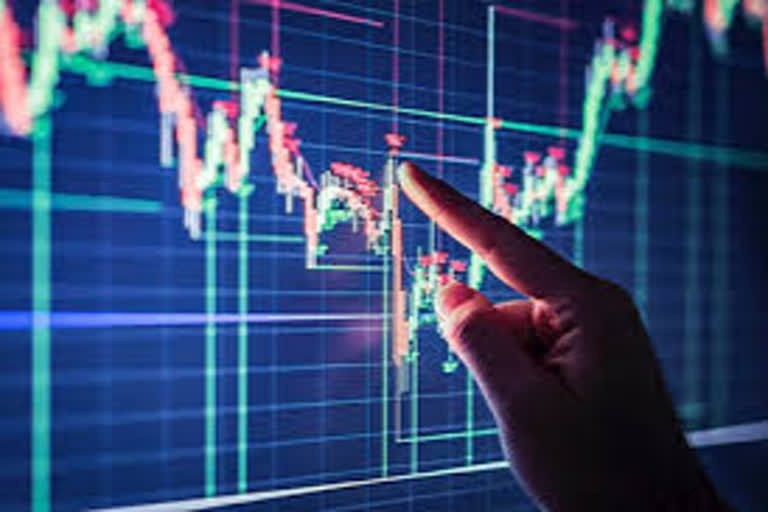Hyderabad: The start of water trading on exchanges in the US this September raised a lot of eyebrows as many feared that the commodification of the already-scarce vital liquid will make it more expensive globally.
But according to a top water management expert in India, trading of water on exchanges and setting a price on the commodity may lead to its more efficient use by end-consumers like industry and farmers.
In a chat with ETV Bharat, Dr. Biksham Gujja, water management specialist who has also worked with World Wildlife Fund-International for nearly two decades, said: “Water as an input, which is popularly considered free, is one of the most expensive (resources) for taxpayers in India. Probably if water is priced as a commodity, we might be able to use it more efficiently.”
“Instead of raising alarm about the water trade on the stock market in the US, probably we should be more concerned about the ‘free water’ we think we are getting,” he added.
Notably, the California Water Futures, the first of their kind in the US, began trading only earlier this month after their launch in September by the Chicago-based CME Group.
At the launch, the CME Group said that the futures will help water users manage risk and better align supply and demand.
Also read: No access to clean water for many Indian villages
Gujja seemed to agree. Taking the example of agriculture, he highlighted how water is being supplied in India at a great cost only to get far less returns.
“Since water is free, at least that is what the perception is, there is no incentive or mechanism to use that water in an optimal or productive way. Therefore, often the cost of water delivery, not taking into consideration the capital costs, or even the operational and maintenance costs which are incurred year after year, far exceed the entire grain production in certain projects,” he said.
If tradable permits are introduced, which is common in many countries, Indian farmers could actually be better off trading water permits than growing grain, said Gujja.
“At least that will give the true value of the crops we are producing,” he added.
For those unaware, in the system of tradable permits, a market is created for the trading of resources using permits (such as the permit to use or pollute a certain amount of water). Whoever wants to use environmental resources has to buy the respective permit on these markets.
Gujja highlighted that even if it is not apparent in the first go, water is still being sold in India, either in the form of drinking water bottles, or through canals and pipes, etc.
“There is (water) trade at farmer level, at city level, at rural level… and the cost which Indian users are paying now does not include the cost of water itself, rather they are operational and maintenance costs,” he said.
“There are ways and means to estimate the value of water and put a price for it. Doing so and adding to the cost might lead to its true value being appreciated to the full extent,” Gujja added.



